Transition From Rio Back To WNBA No Problem For Olympians
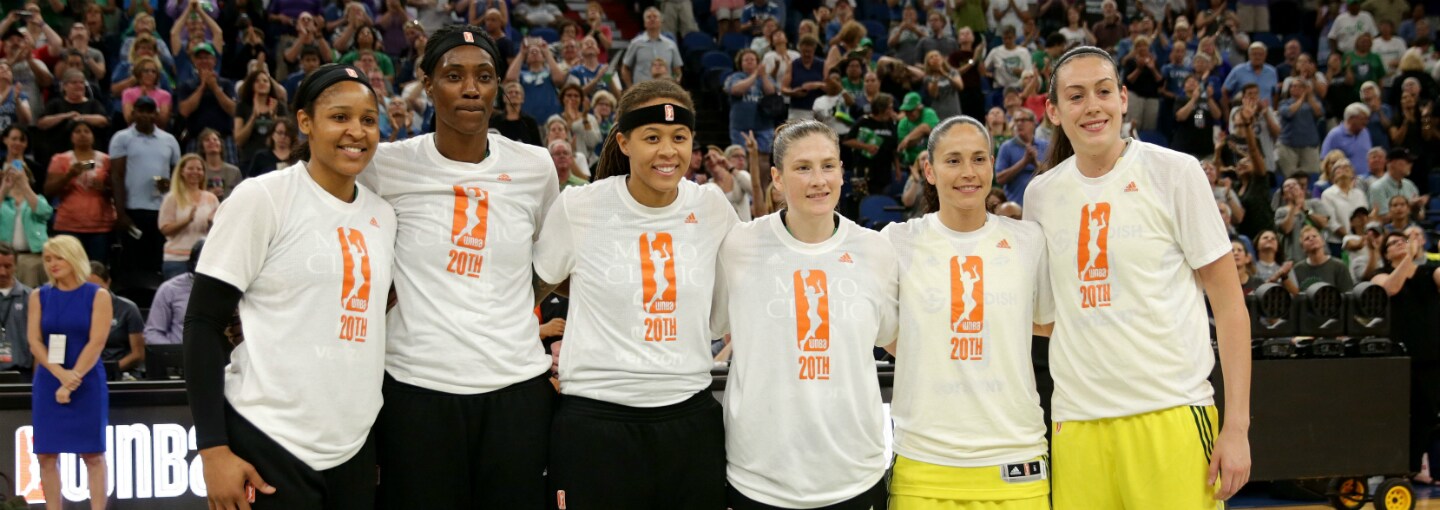
MINNEAPOLIS — For the first three weeks of August, everything came to a halt — even the WNBA’s historic 20th season – -as the world’s attention turned to Rio de Janeiro and the the Games of the XXXI Olympiad. And while they had the eyes of millions watching, the 12 WNBA stars representing the USAB Women’s National Team put on an absolute show, cruising to a record sixth straight gold medal. But of course, their summer of basketball is not even close to being complete.
Those 12 gold medalists, and the WNBA players representing other countries down in Rio, will join the rest of the league in jumping right into a furious final stretch of the regular season. Whether it’s the Minnesota Lynx trying to keep their claws on one of the top two seeds, and an automatic bye to the semifinals, or the Seattle Storm weathering a battle with half the league for one of the final playoff spots, every single team–no one has been eliminated from the
postseason–has something to play for.
For most players, jumping back into things won’t be much of an issue past some rust, perhaps. The break was simply a time to rest and get in extended practice time with their teammates. Not so for the group that went down to Rio, however. Whether it was with the U.S. or another country, players in the Olympics were immersed in another country, playing by different rules and with new teammates, learning and running different offensive and defensive schemes, and in some cases playing a completely different role than they do in the WNBA. Now, they’re tasked with forgetting all of that, and getting back into WNBA mode right in the middle of the most important part of the season.
Sounds tough, right? Well, as it turns out, not really.
Lynx head coach Cheryl Reeve had only laughs at first when asked about the hardest part of transitioning from an Olympic mindset back to the WNBA. It turns out the toughest aspect has nothing to do with basketball at all. “Hands down [the hardest part is], you guys wanting to talk about it all the time. Seriously, you guys make way more of it than it is.”
The transition isn’t quite that easy for the players, but more or less, they echoed Coach Reeve’s sentiment that it’s not as big of a deal as it may seem.
Sylvia Fowles touched on the aspect of relearning your system after playing a completely different one down in Rio, telling WNBA.com, “I think the biggest adjustment is learning one system, and then trying to come back and relearn your system. But I think we kind of nipped that in the bud the first two days we had practice.” Overall though, Fowles doesn’t see it as a big issue, reflecting, “It’s not really that hard. If you think about it we’ve been doing this over the past few years, so it’s somewhat normal to us.”
While experience is part of the reason Fowles isn’t much phased by the transition back to ball stateside, Storm rookie and first time Olympian Breanna Stewart doesn’t have that to rely on. Still, she doesn’t think there will be a problem, even as she has to get back in the groove of being a go-to player with the Storm as opposed to coming off the bench in Rio.
Before taking the floor against her four Olympic teammates and the Lynx at the Target Center, Stewart was direct and to the point when asked about the transition having any affect on her, telling WNBA.com, “No, I don’t think so. You don’t really have time to think about things like that. We need to make a playoff push in the next nine games.”
Even Maya Moore and Lindsay Whalen agreed that transitioning back to the WNBA is much less of an issue than outsiders might believe. If anything, the Lynx’s dynamic duo believes the challenge is between the ears rather than between the sidelines. During a break from warm-ups, Whalen told WNBA.com, “I think that it’s just something that you need to come back and be focused and ready to go.” Moore echoed that statement follwing the game, noting, “It’s just getting a rhythm of this season, just mentally about our schemes, and what we do here. It just takes a little mental effort.”
After all, these are elite basketball players, the best in the world, in fact. They’ve dedicated their life to the game, and sure, Rio had a “different rhythm,” according to Moore, but for the most part, it was just playing basketball. Which, as it turns out, just happens to be the main focus of the WNBA as well. The Olympians didn’t have any problem doing that down in Brazil, and as they’ve made clear, they won’t have any problem doing it down the stretch in the WNBA.
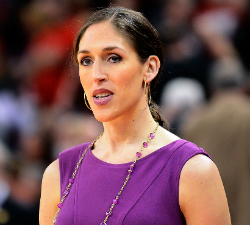,xPosition=.5,yPosition=.5)
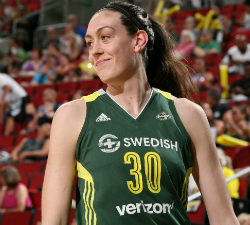,xPosition=.5,yPosition=.5)
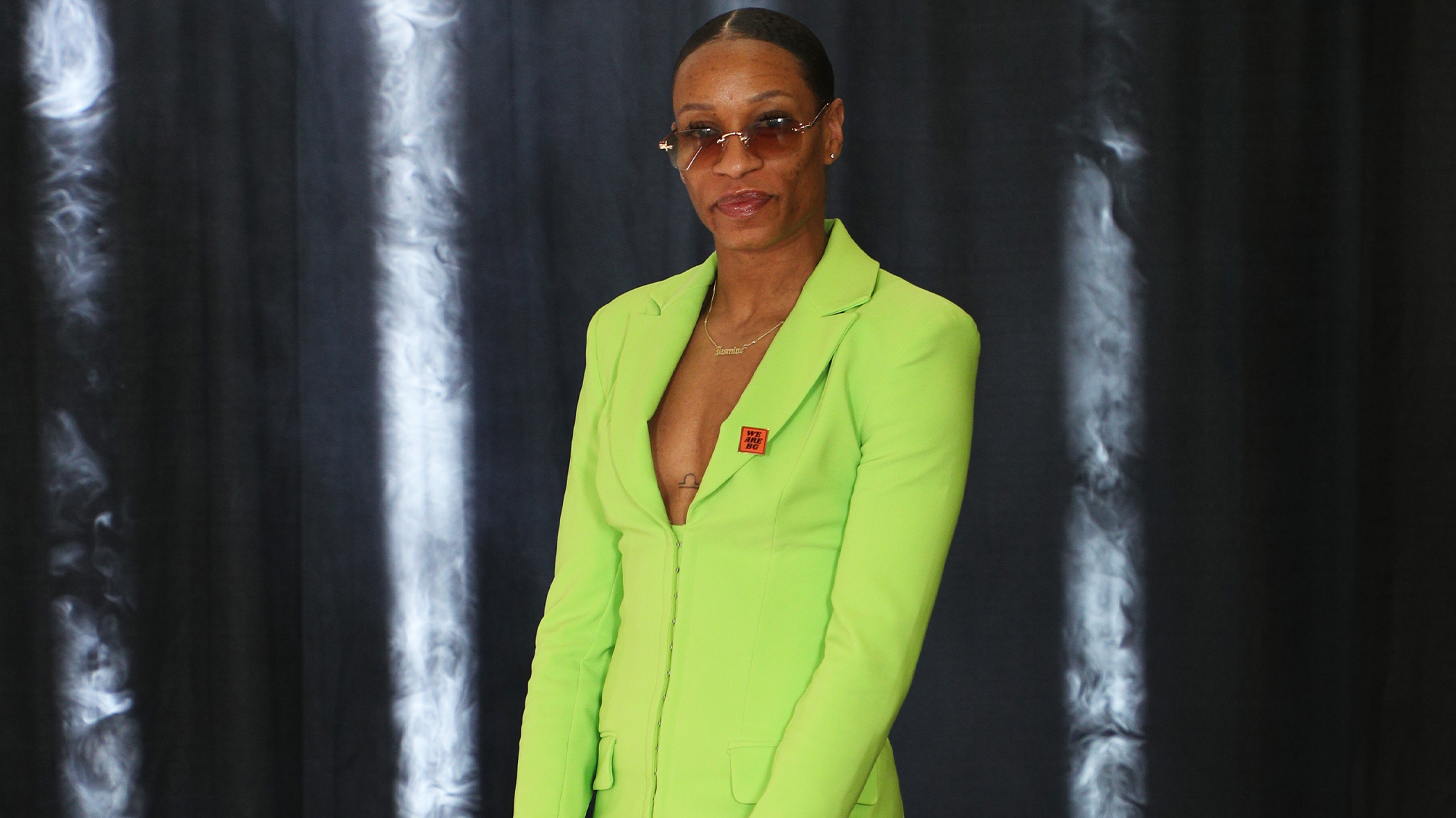,xPosition=.5,yPosition=.5)
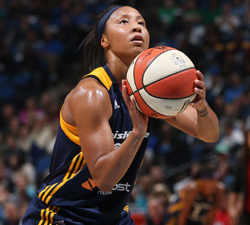,xPosition=.5,yPosition=.5)